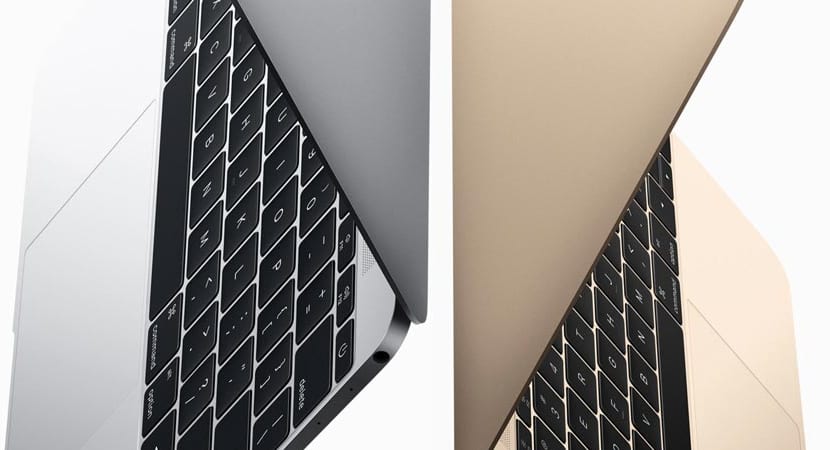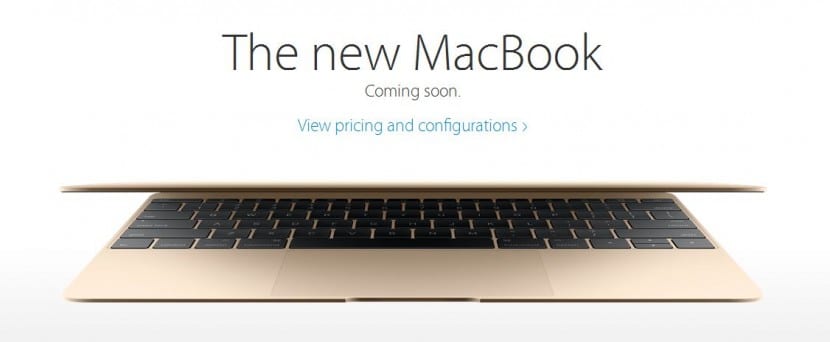
We already have the first performance references of the new 12 ″ MacBook in its top-of-the-range version, which runs at 1,3 Ghz compared to 1,1 Ghz and 1,2 Ghz of the low and mid-range versions respectively. The shipments of the most powerful version of this MacBook have already begun to reach their respective users this week and as expected, the first performance tests of its CPU have also begun to appear, an Intel Core M-5Y71 of which we already gave reference in another article.
Of course and how could it be otherwise, the chosen test has been the well known GeekBench 3, which shows the following results for each model varying the test to which it has been subjected, that is, you can see the results of both the 32-bit and 64-bit tests in single-core and multi-core operations.

On the MacBook 1.1GHz the average data obtained are the following:
- 32-bit:
- Single Core: 2212
- Multi Core: 4070
- 64-bit:
- Single Core: 2428
- Multi Core: 4592
On the 1,2 GHz MacBook the average data obtained are the following:
- 32-bit:
- Single Core: 2348
- Multi Core: 4603
- 64-bit:
- Single Core: 2579,
- Multi Core: 5185
Lastly, 1,3 GHz MacBook we see the following performance:
- 32-bit:
- Single Core: 2271
- Multi Core: 4841
- 64-bit:
- Single Core: 2816
- Multi Core: 5596
The 64-bit test of the 1.3GHz version represents a improvement from 16% to 22% on the 1.1GHz model and 8% to 9% on the 1.2GHz model. Keep in mind that the result of the 32-bit test has only been published to date, so we still have to wait to see more tests to draw conclusions, in any case we see an ostensible improvement especially with respect to the model input.
With these results we could put it practically at the same level as 1.4 Ghz iMac like the 21,5 ″ model from 2014 or the entry model of the MacBook Air from last year that would still be a bit below this version.
Those tests are not entirely real. The problem with the Core M is its TDP, which is limited to 4,5W, this means that when it spends some time giving it "cane" the mic will reduce the working frequency and the performance will drop a lot, this with a mic 17W will pass much less, so the initial power will be similar but after a while the Core M will plummet and the i5 at 17W (Air, Mac mini…), will remain constant. It must also be noted that the graphics of the Core M is quite inferior, although for what that computer is intended I doubt that it will be of much use. In a word, don't trust the "synthetic" tests that appear there, because the reality is very different.